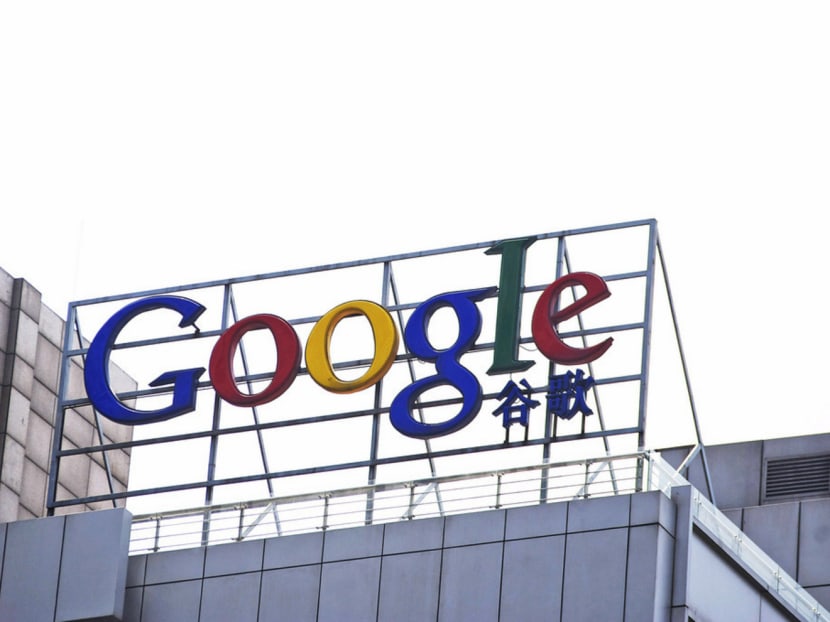China ‘extends Gmail ban’ to third-party apps
BEIJING — China has blocked access to Google’s Gmail through third-party applications, adding the world’s biggest email service to the list of services from the search company banned in the country.

Google’s search and map functions have already been blocked in China as the authorities limit access to foreign news and as tensions escalate over cybersecurity
and hacking.
Photo: Bloomberg
BEIJING — China has blocked access to Google’s Gmail through third-party applications, adding the world’s biggest email service to the list of services from the search company banned in the country.
Traffic volume for Gmail in the world’s largest Internet market fell to nearly zero yesterday, after an 85 per cent plunge on Boxing Day, data posted on Google’s Transparency Report page showed.
While Gmail’s website had been blocked for months, the latest restrictions cut off users of third-party services, including the mail app built into Apple iPhones and iPads. Those services can no longer be accessed, while messages sent from Gmail to Chinese domestic email services have not bounced back.
“We have checked and there is nothing wrong on our end,” Google said in a statement.
The Cyberspace Administration of China did not reply to questions about the Gmail blockage.
Foreign Ministry spokesperson Hua Chunying said she did not know anything about Gmail being blocked, adding that the government was committed to providing a good business environment for foreign investors.
“China has consistently had a welcoming and supportive attitude towards foreign investors doing legitimate business here. We will, as always, provide an open, transparent and good environment for foreign companies in China,” she said.
The country is host to the world’s most sophisticated Internet censorship mechanism, dubbed the Great Firewall of China. The Google disruption began in the run-up to the 25th anniversary of the government’s crackdown on pro-democracy demonstrators around Beijing’s Tiananmen Square on June 4, 1989.
Users routinely skirt the Great Firewall by deploying a virtual private network (VPN), a strategy that currently works for accessing Gmail and social networking site Facebook.
“It is becoming harder and harder to connect and do work in China when services like Gmail are being blocked,” said Mr Zach Smith, a Beijing-based digital products manager at City Weekend magazine. “Using a VPN seems to be the only answer to doing anything these days online in China.”
Google’s search and map functions have already been blocked in China as the authorities limit access to foreign news and as tensions escalate over cybersecurity and hacking.
Google will eventually be available to China, as will Facebook, the government-run Global Times wrote in a Dec 16 editorial. The country is becoming stronger and the scope of sensitive information will be narrowed, it said.
The editorial has since been removed from the Global Times website and other websites that had reposted it. AGENCIES





